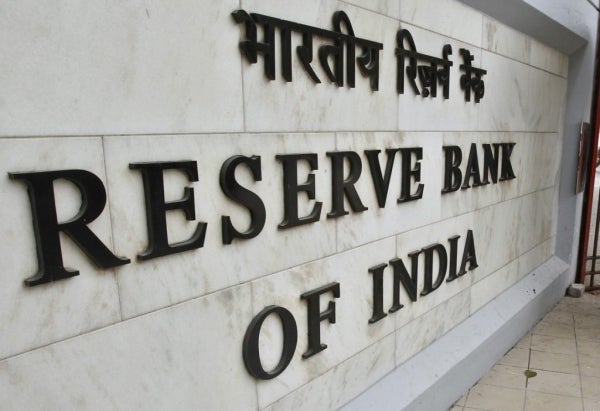
India’s finance ministry has reportedly begun the process of privatising one or more public sector banks (PSUs) in an attempt to make them stronger, ET has reported.
This move follows a merger involving the amalgamation of 10 state-run lenders into four banks.

Access deeper industry intelligence
Experience unmatched clarity with a single platform that combines unique data, AI, and human expertise.
Niti Aayog, the policy think tank of the Indian government, has now come up with a separate privatisation proposal and the talks to implement it are currently underway.
Niti Aayog advised the government to give the nod for “long term private capital” into the banking sector, the report added.
The government is reviewing the prospect of privatising PSU lenders Punjab & Sind Bank (PSB), Bank of Maharashtra (BOM) and Indian Overseas Bank (IOB).
These state-run banks are not part of the existing consolidation plan.

US Tariffs are shifting - will you react or anticipate?
Don’t let policy changes catch you off guard. Stay proactive with real-time data and expert analysis.
By GlobalDataAccording to ET, the main agenda behind the privatisation of PSU banks is to stall future bailouts by using taxpayers’ money.
A source said: “There have been some discussions on the de-nationalisation of some banks, but there has been no decision on it yet.
“The discussions have to get more intense as the Bank Nationalisation Act has to be amended before going ahead with the next step.”
Niti Aayog also suggested the government grant banking licences to select industrial houses with instructions that they cannot lend to group companies.
As per the Reserve Bank of India (RBI) norms, industrial houses can infuse up to 10% of capital and receive an on-tap universal banking licence.
However, they will not be qualified as “eligible entities” to operate as banks.







